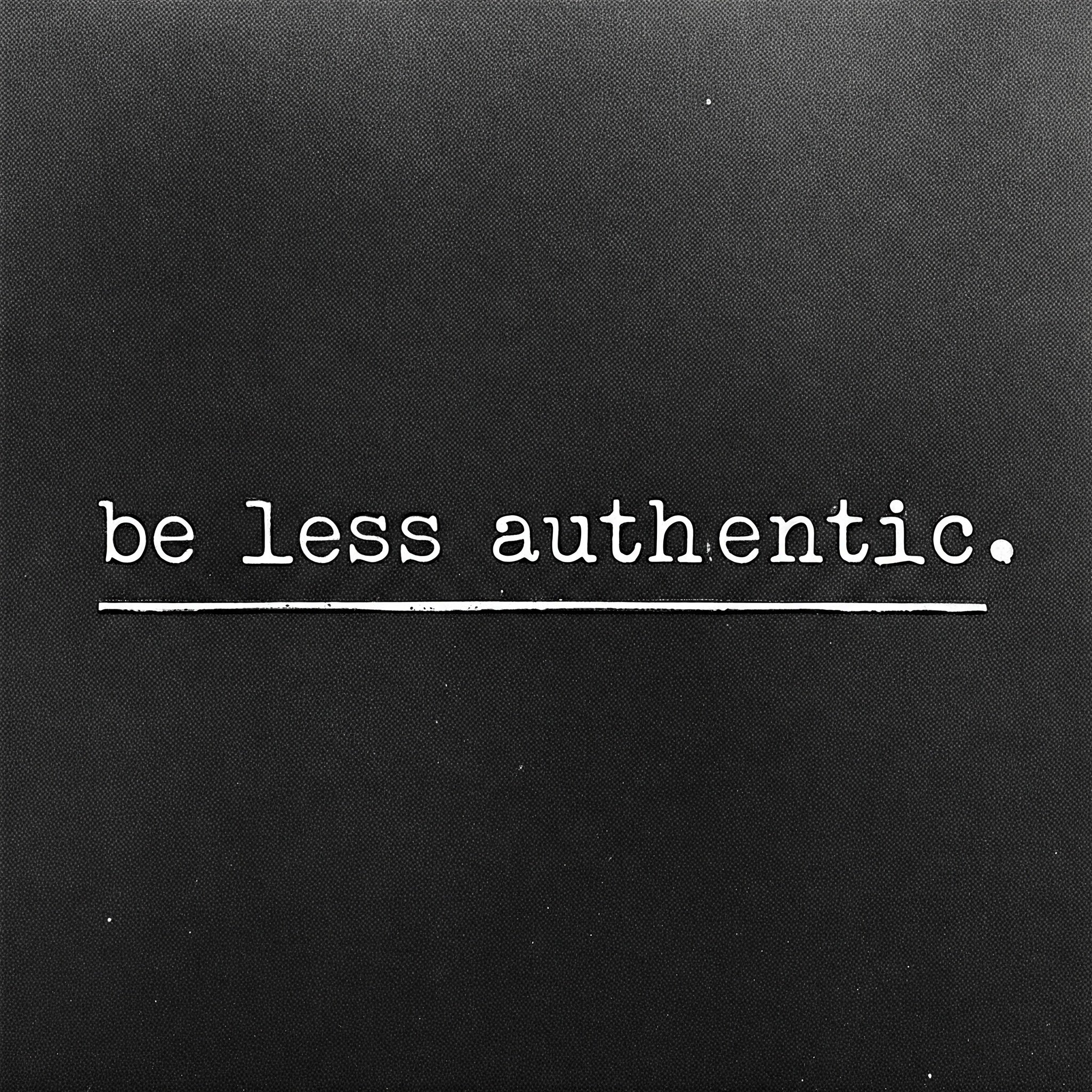
The Secret Weapon Successful People Don't Want You to Know About
Want to know a secret? It's not always about what you know, but who you know. That's right—your network is the secret weapon that can unlock doors, catapult your career, and connect you with opportunities you never even dreamed of.
But here's the thing: many successful people keep this weapon carefully concealed. They don't want you to know the power of a thriving network. Why? Because it gives them a competitive edge.
But we're about to share the secret recipe for networking success. It's not just about shaking hands and collecting business cards; it's about cultivating genuine connections, providing value, and becoming the kind of person others naturally want to support. Get ready to discover how to build a network that's as refreshing as a tall glass of lemonade on a hot day, ready to help you conquer any challenge and achieve your wildest ambitions.

The Power of Stay Conversations
Remember that time you ordered a gourmet meal, and it arrived cold, missing the key ingredient, and with a side of "meh"? That's what it feels like to be an employee who's not getting the attention they deserve.
While the workplace may not always be a Michelin-star restaurant, stay conversations are the key ingredient to a satisfying employee experience. They're about checking in, spicing things up, and making sure everyone feels like a valued chef in your company's kitchen.
Think of it this way... Would you rather serve a bland, pre-packaged dish or create a culinary masterpiece that leaves your employees feeling full, satisfied, and ready to conquer the next course? That's the difference stay conversations can make. They're about nourishing your team, adding flavor to their work lives, and ensuring they're not just going through the motions but savoring every bite of their career journey.

"Be Less Authentic" - The Worst Advice I Ever Got (and Why You Should Toss It in the Trash Like a Moldy Leftover)
Remember those cringe-worthy school photos where you were forced to wear an itchy sweater and a plastered-on smile? Yeah, that's what it feels like to be inauthentic.
While the world may try to squeeze you into a cookie-cutter mold, authenticity is about breaking free and embracing your unique flavor. It's about ditching the fake smiles and showing up as your true, messy, wonderful self – both at work and in life.
Think of it this way: would you rather eat a bland, mass-produced meal or savor a dish bursting with fresh, authentic flavors? That's the difference authenticity makes. It's about bringing your whole self to the table and letting your unique ingredients shine.
But authenticity is more than just a feel-good concept. It's a powerful tool that can unlock your potential, boost your well-being, and even spice up your career. So, let's dive in and explore why authenticity is your secret weapon for success.

Retail Revolution: Why Stores Are Becoming Experiential Playgrounds
This timeless wisdom from Walt Disney rings truer than ever in the world of retail, where simply offering products on shelves is no longer enough. To thrive in today's competitive landscape, brick-and-mortar stores are transforming into experiential playgrounds, captivating customers with immersive environments, personalized services, and unforgettable moments.
But why this sudden shift towards experiences? Well, imagine this: You're a kid in a candy store, eyes wide with wonder, eager to explore every nook and cranny. That's the feeling retailers want to evoke in their customers. With the rise of e-commerce, the convenience of online shopping has become the norm. But let's face it, scrolling through endless product pages can't replicate the thrill of discovery, the joy of human interaction, and the satisfaction of experiencing a product firsthand.

Mind Games: The Stories We Tell Ourselves (and How to Rewrite the Script
Hold onto your hats, folks, because we're about to embark on a journey into the deepest, darkest corners of your mind – a place where narratives are spun, villains are created, and heroes rise (or fall) depending on the whims of your inner storyteller. That's right, we're talking about the stories we tell ourselves – those sneaky little narratives that shape our reality, influence our decisions, and sometimes even sabotage our success.

Culture Eats Strategy for Breakfast: Why Your Company's Vibe Matters More Than Its Plans
Picture this: You've got a killer strategy, a meticulously crafted plan ready to propel your company to new heights. You've dotted every 'i' and crossed every 't,' and you're feeling pretty darn good about yourself. But here's the cold, hard truth: if your company culture is a toxic wasteland, your strategy is about as useful as a chocolate teapot.
That's right, Nibble Nation. Culture eats strategy for breakfast. It's the secret sauce that makes or breaks a company's recipe for success. You can have the most brilliant strategy in the world, but if your culture is rotten to the core, your grand plans will go stale faster than a day-old croissant. A study by Deloitte found that 94% of executives and 88% of employees believe a distinct workplace culture is important to business success. Yet, only 12% of executives believe their companies are driving the “right culture.” Clearly, there’s a disconnect here, and it's costing companies dearly.

Stop Chasing, Start Sharing: The Unexpected Benefits of Being a Go-Giver
In a world that's constantly screaming, "Hustle harder! Get more! Be the best!" it's easy to feel like you're in a never-ending race for the biggest slice of the success pie, all while running on fumes. But what if we told you there's a tastier, more satisfying way to reach your goals that doesn't involve sacrificing your sanity or selling your soul? It's time to ditch the dog-eat-dog world of the go-getter, where resources are scarce and competition is cutthroat, and embrace the bountiful feast that comes with being a go-giver.

Heart Over Hand: The Power of Genuine Connection
In the hustle of building our networks, we often default to the familiar – hand out a business card, make the quick pitch, and move on. But genuine connections, the kind that builds lasting relationships and drives referrals, don't happen with a transactional exchange. It's time to ditch the elevator pitch and embrace a new approach: winning hearts, not just handshakes.

Okay, Bosses, Time to Ditch the Office Obsession
As we continue navigating the ever-evolving landscape of work, it's crucial for organizations to reassess traditional paradigms and embrace innovative approaches that cater to the needs of both the enterprise and its invaluable talent. In this era of digital transformation, the concept of hybrid work and remote options has emerged as a game-changer, offering a myriad of benefits that foster productivity, employee satisfaction, and business success.

The 4-Day Work Week: Why Canadian Businesses Need to Pay Attention
In recent years, the concept of a 4-day work week has gained traction worldwide as a potential solution to enhance work-life balance, increase productivity, and reduce employee burnout. As Canadian enterprises navigate through economic uncertainties, exploring alternative approaches becomes imperative. In this article, we'll delve into the pros and cons of a 4-day work week in Canada and why large enterprises should consider its implementation as a viable alternative to forced layoffs or voluntary departure packages.

